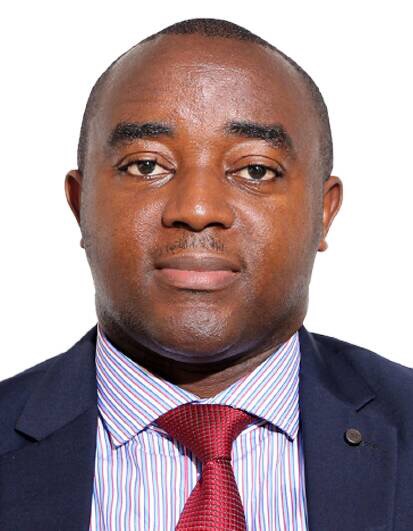In commemoration of the world suicide prevention day on September 10, News Central’s Jasiri hosted licensed clinical psychologist, Olabode Daramola, who shared insights on suicide prevention, mental health stigma, and the ongoing debate over decriminalising suicide in Nigeria.
Mr Daramola described suicide as a global phenomenon that is not unique to any part of the world. He said anyone can experience it, especially if their goals are thwarted.
“As long as you are a human being and you are unable to fulfil your goal, there’ll be challenges and everybody has a breaking point. You need not get to that breaking point before people can intervene.
” People who commit suicide are first people. About 90% of them are suffering from depression that is not detected, undiagnosed or even under-treated.
“People just don’t kill themselves. There’s something going on and that is why they see death as a way of escape”, he said.

He said people who commit suicide often show signs before they make their final decision to end things. He mentioned hopelessness, isolation, change in moods, change in style of dressing and lack of interest in things they once loved doing as some of the signs to look out for in people prone to suicide.
He added that they often turn to alcohol and drugs to deal with their depression.
When asked about the impact of cultural stigma on mental health in Africa, Mr Daramola said Africans need to embrace openness because mental health is not a respecter of age, race or status.
He said the economic downturn in Nigeria and other challenges are pointers to some form of mental illness.
“People who are suicidal feel like a burden to people. They really don’t want to bother anyone”, he said.
He said suicide can be action or inaction. An example of action is when people actually act to kill themselves, while inaction can be when one refuses to take their medication or see a doctor with the intention to inflict harm on themselves.

Speaking on the role of the internet and its impact on mental health, he said people should be mindful of what they consume on the internet because what affects your thoughts will affect your feelings and your resultant behaviour.
He said, “It is important that as much as the internet is good, we should monitor what children do.
“To prevent suicide, as we try to create awareness, we shouldn’t show videos. We should speak more about not doing it and how people can get help.”
Mr Daramola stated the difference between anxiety, depression and panic attacks.
Watch the full clip below;


